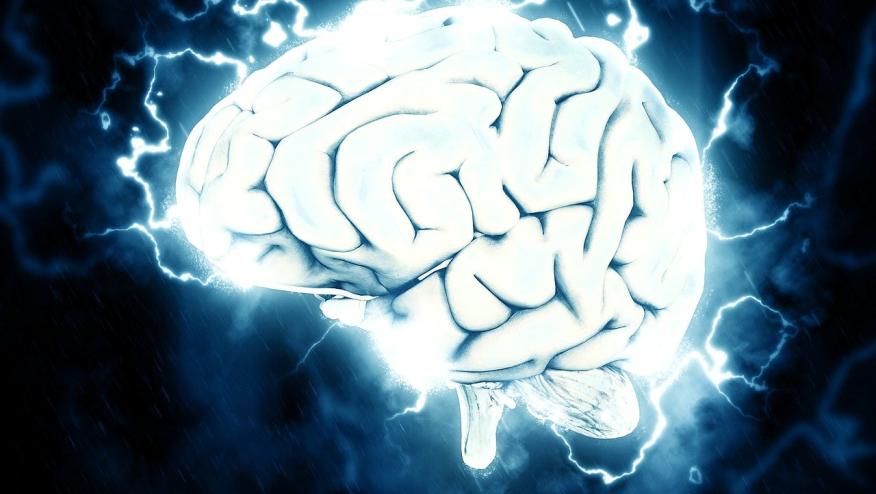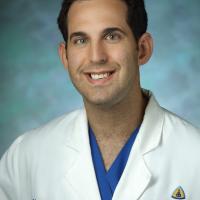Treatment and Management of Neuropsychiatric Lupus Save

On the first day of ACR State of the Art conference in Orlando, Florida, Dr. Michelle Petri reviewed the treatment and management of neuropsychiatric lupus. Dr. Petri, a lupus expert from Johns Hopkins Rheumatology, joked that few would take the daunting task of reviewing such a complex topic. Over the course of her talk, she reviewed the latest clinical and animal model studies that offer hope in treatment and gave wide-ranging pearls on a variety of issues that can be faced in this disorder.
The first step in the treatment of lupus activity is defining which symptoms are due to active systemic lupus erythematosus (SLE).
The majority of symptoms often labeled as “neuropsychiatric” are generally non-inflammatory symptoms such as headaches, anxiety, mood disorders, and brain fog. Dr. Petri refers to the framework by Pisetsky and colleagues in her 2019 Arthritis Care Res paper which differentiates inflammatory “type 1” lupus symptoms from the non-inflammatory “type 2” symptoms. These type 2 symptoms such as fibromyalgia, fatigue, pain, cognitive dysfunction, and sleep disturbance are part of lupus disease, but not addressed by immunosuppressive management. These require close attention and treatment (often with an emphasis on lifestyle interventions), but should be differentiated from the neuropsychiatric inflammatory diseases that are discussed as part of neuropsychiatric SLE.
Neuropsychiatric lupus is related to the microglia, the tissue-resident macrophages in the central nervous system (CNS) that accounts for 10% of CNS cells. Lupus serum IgG induces microglia activation modulated by B-cell activating factor, a known inflammatory pathway in lupus activity. In mouse models, various pharmacologic interventions may represent hope for future treatment options in this disease. Angiotensin-converting enzyme (ACE) inhibitors have been shown to prevent microglia activation and improve cognitive function. Colony stimulating factor-1 receptor kinase inhibition has shown improvement in a depression-like deficit in murine models, and an inhibitor of NF-kB kinase subunit e shows promising results but require intra-cerebroventricular administration which is not feasible in human patient care.
Dr. Petri proceeded to give wide-ranging pearls for a variety of neuropsychiatric conditions that may be encountered in SLE.
Despite emphasizing the critical importance of hydroxychloroquine in SLE, she notes that antimalarials should be used with caution in patients with seizure as it can lower the seizure threshold, but will help prevent future seizure activity. Anti-epileptics are usually the treatment of choice for seizure, but in very active lupus, intravenous steroids may be necessary. Myelitis in SLE is a longitudinal disease, rather than transverse. White matter myelitis can mimic neuromyelitis optica and be seen with spasticity, hyperreflexia, and antiphospholipid antibodies. Gray matter disease should be immediately recognized as a medical emergency and considered in all cases with acute urinary retention. Emergent MRI of the cord and lumbar puncture should be pursued and IV steroids should be administered within 24 hours. She discussed encephalopathy, formerly called “organic brain syndrome,” which presents with profound mental status changes and requires treatment with IV steroids, followed by cyclophosphamide if no response.
On the topic of stroke, Dr. Petri cautioned against the diagnosis of CNS vasculitis, which is “vanishingly rare” but instead focusing on stroke due antiphospholipid syndrome, traditional cardiovascular risk factors including homocysteine, and infectious etiologies.
Finally, Dr. Petri closed on catastrophic anti-phospholipid syndrome (CAPS), a feared multi-organ disease with high mortality, and showed evidence that this disease is a complementopathy that would benefit from treatment with anti-complement therapy such as eculizumab.










If you are a health practitioner, you may Login/Register to comment.
Due to the nature of these comment forums, only health practitioners are allowed to comment at this time.